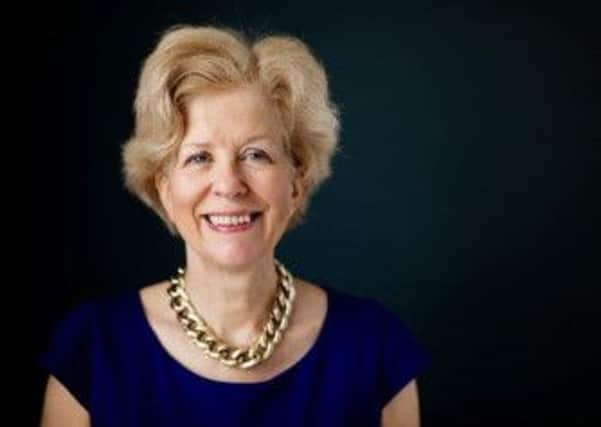How I negotiated with the Taliban


As a former Foreign Office diplomat, Claire Smith is used to keeping calm in potentially hairy situations.
When America was on shutdown following the 9/11 terrorist attacks, Claire was out in Islamabad where tensions were running high and political stability fraught. The previous year she had also played a key role in negotiating with the Taliban after an Afghan plane was hijacked on an internal flight, finally landing at Stansted Airport.
Advertisement
Hide AdAdvertisement
Hide AdHowever, ask her about her most stressful time in the department and she doesn’t mention terrorism or fundamentalist movements. Instead she opts for a telecoms engineer.
“One of my early postings was out in China following the Cultural Revolution. There was a huge thirst for an exchange of knowledge between East and West. A visit had been scheduled by the then Prime Minister Margaret Thatcher and my job was to ensure she had everything she wanted. One thing on the list was a request for a particular type of phone.
“The telecoms engineer told me it couldn’t be done. I knew there was no point arguing. If I had, he would have only dug his heels in even more. Instead I opted for a few days of gentle persuasion. Needless to say that Baroness Thatcher got her phone and I kept my job.”
Far removed from the Hollywood image of the tough negotiator, Claire, who still works for the Government, hearing appeals from those who have lost their security clearance, has always favoured a more softly spoken approach. It was one which was put to the test in the early months of 2000.
Advertisement
Hide AdAdvertisement
Hide AdOn February 6 that year an Afghan aeroplane, carrying more than 100 passengers, was hijacked after taking off from Kabul. A number of passengers were released when the plane landed twice in Central Asia and again in Moscow. However, by the time it landed at Stansted Airport the following morning, there were still 85 passengers aboard, 21 of them children, and so began four days of tense negotiations.
“It’s easy to say that we shouldn’t talk to extremists, but the reality is not so simple,” says Claire, who was in regular contact with those on the ground throughout the hijack. “The chances are that at some point a major incident will occur, perhaps involving British nationals and for whatever reason we will need to have a dialogue with these people. In these situations timing is everything. If we have already slammed the door firmly shut then establishing a working relationship can be very difficult. It’s not about being in someone else’s pocket, but it is about keeping the lines of communication open.”
While carefully rehearsed emergency plans were triggered, the relationship between the hijackers and the negotiation team was delicately balanced and everyone involved knew one wrong move could spell disaster.
“When people find out that I negotiated with the Taliban, they are often surprised. There is the assumption that as a woman I would have been persona non grata, but in fact that wasn’t the case. My job was to keep them informed as to what was happening and my memory of that time is that it was very calm and polite. We all know how frustrating it is when we’re waiting for news and all we hear is silence and it was just as important to tell them I had nothing to report as it was to tell them the latest movements on the ground.
Advertisement
Hide AdAdvertisement
Hide Ad“The biggest lesson I learnt was patience. No negotiation will be successful if you don’t allow enough time. Sometimes that can feel painfully slow, but the results will be worth it in the long run.”
Claire Smith will be speaking at a lunch organised by Cicada Communications in Harrogate this Friday. To book tickets email [email protected]